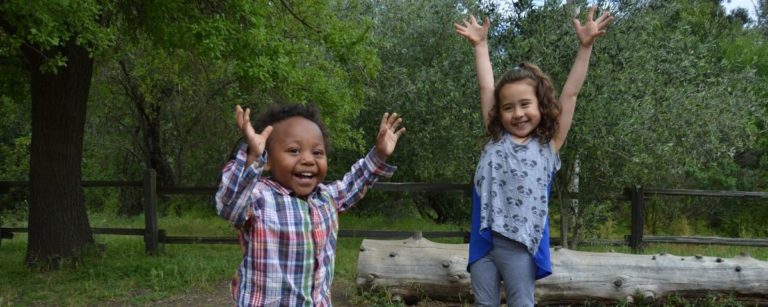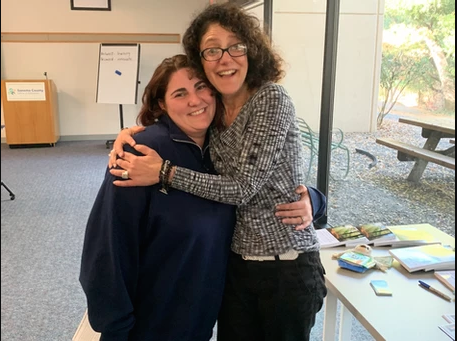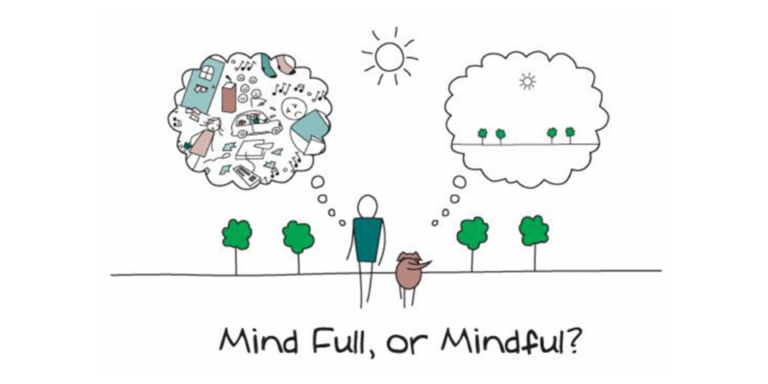How to Help Your Foster or Adopted Child Succeed
By Donna Erickson, M.A.
Helping children succeed is indeed a tough job, and doubly so for traumatized children and youth. But what is success? Success looks different for everyone, but universally it is agreed that success includes: feeling good about one’s self, being happy in and with one’s life and knowing they have tried their best. These are achievable, non-cognitive successes. Research has found the key factor in helping children succeed is their environment.
By environment, I do not mean what urban or rural setting in which the child(ren) is raised. Instead, I refer to the presence of a trusted, close, nurturing caregiver. Trust is paramount. A child – especially one who has experienced trauma – cannot accept nurturing if the child does not trust the provider. Listen to your child and remind yourself, “it’s not what’s wrong with the child, it’s what’s happened to your child.”
“It’s not what’s wrong with the child, it’s what’s happened to your child.”
Research revealed character traits most closely tied to success include:
-
grit
-
optimism
-
self-control
-
perseverance
The optimal environment for cultivating success is rooted in relationship.
Because the optimal environment for cultivating success is rooted in relationship, it’s no surprise research has found key characteristics needed to succeed are taught through a positive example. These qualities cannot be taught with traditional, classroom-based learning. As a parent and caregiver, one must spend time modeling these qualities in real life. An example would include a caregiver creating space and time to regularly listen to a young person’s perceptions, concerns and interests.
Research shows young people with a strong caregiver connection are more:
-
focused
-
resilient
-
optimistic
-
self-controlled
-
willing to forgo short-term gratification.
It all comes back to a healthy, safe environment and the presence of a trusted, attuned, and nurturing caregiver.
Stress Barrier for Children from Trauma
A common barrier to achieving success for traumatized youth is stress. It is well-documented that stress makes it difficult for children to moderate their responses to disappointments and provocations. Small setbacks seem like crushing defeats. Tiny slights turn into serious confrontations. In a scholastic setting, stress manifests itself as self-defeating behaviors like fighting, talking back or acting out in class. This is especially true for children who have experienced toxic stress. Toxic stress is the result of exposure to prolonged adversity or physical and/or emotional abuse without adequate adult support.
How to support your child for success?
Specifically, how can you help your child(ren) succeed? First, lean into cultivating trust and attachment. Be physically and emotionally present for your child(ren), focusing on safety, security and reassurance. Then, model the characteristic you would like to see in your child (and those tied to success) grit, optimism, self-control, perseverance.
Independent of your parenting role, educate yourself in Adverse Childhood Experiences and Trust-Based Relational Intervention. Finally, look inward to create a growth mindset of “I can’t do it, yet.” As a parent, one may not “yet” have the ideal environment or relationship, but it is possible with support, training, perseverance… and a lot of patience.
*Adapted from the best-selling book Helping Children Succeed What Works and Why by Paul Tough
Donna Erickson, M.A. is a valued Help One Child Trainer and Podcasts and Blog contributor. Donna has trained Foster Parents for 30+ years through The Santa Clara County Department of Family and Children Services and served as the Foster and Kinship Care Education Program Director for 16 of those years. Donna stays current on her continuing education in her three fields of expertise: nursing, counseling, and educating. She brings experience and wisdom from her years as a foster youth, parent and grandparent!









